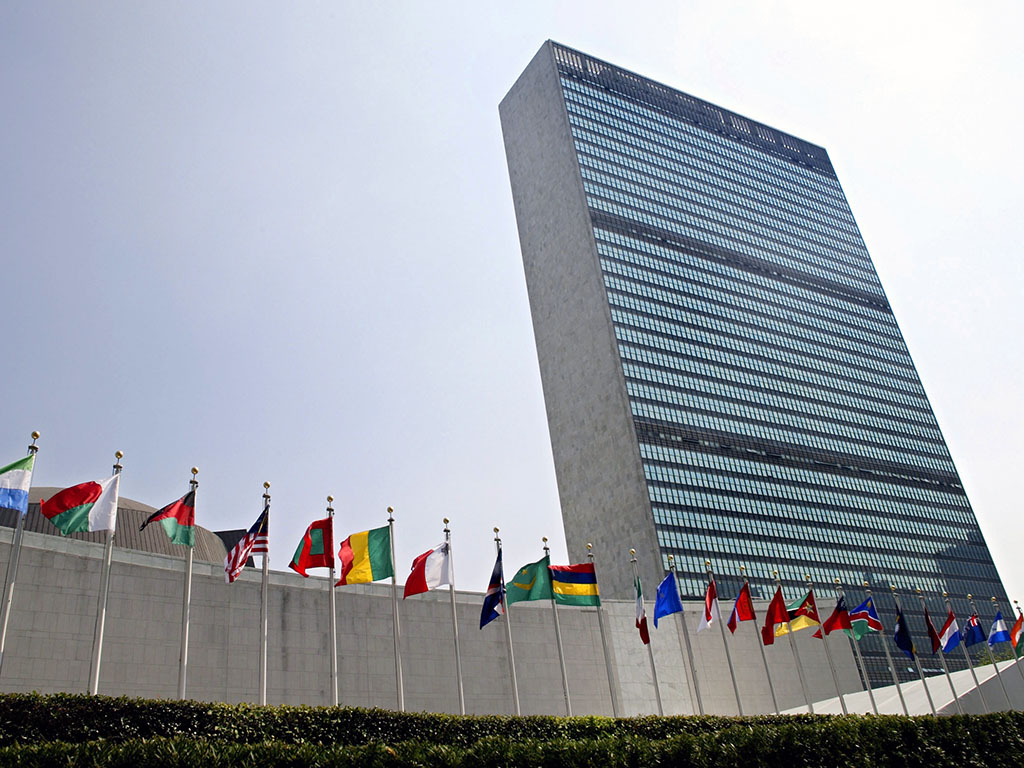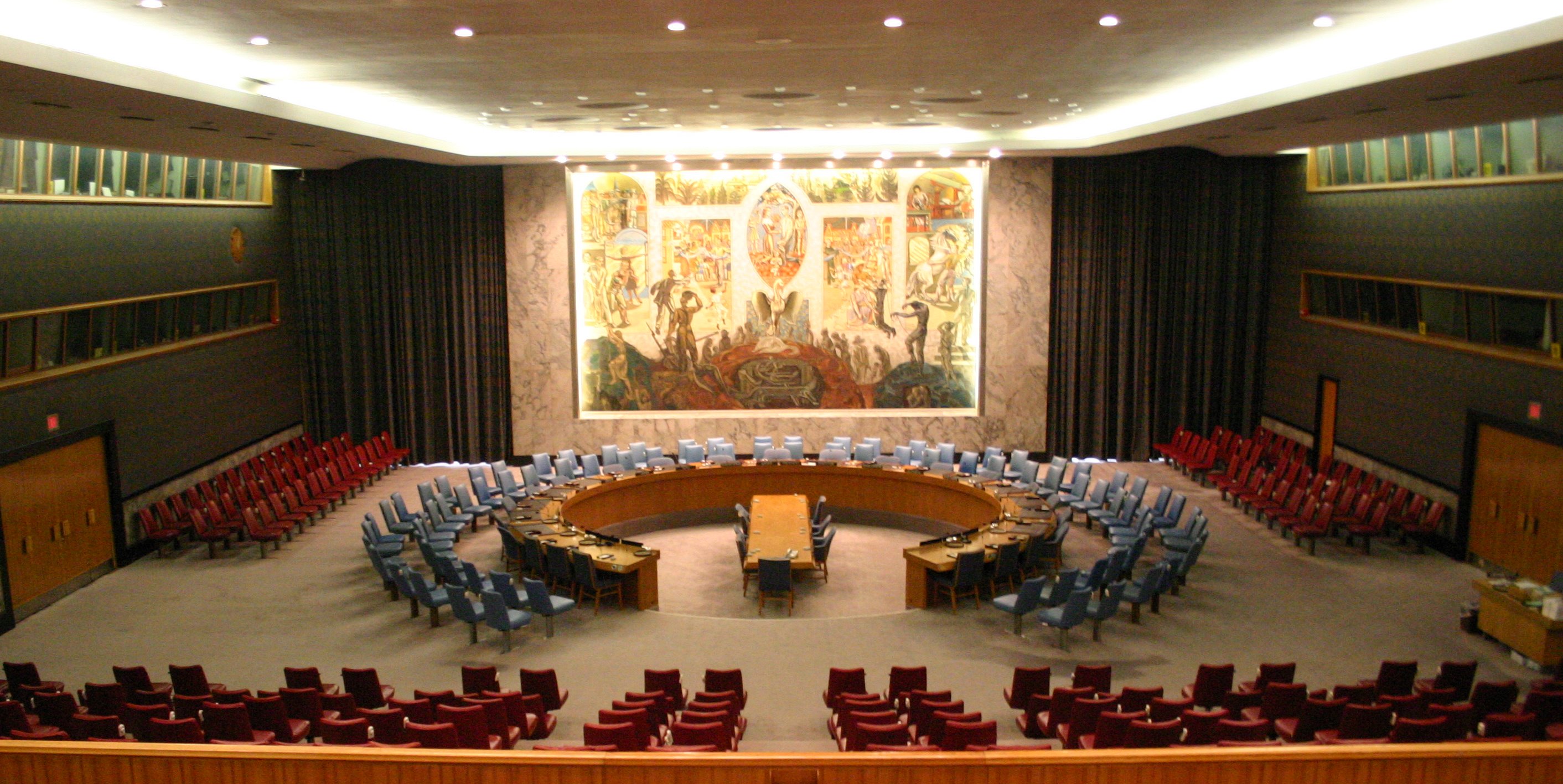Lack of innovation a key structural challenge for many developing countries; economic diversification impeded by structural barriers in the CIS and Africa; weak productivity growth contributing to bleak economic outlook in Latin America
Monthly Briefing on the World Economic Situation and Prospects

The global commodity price shock of 2014-2016 has caused setbacks in the fight against poverty; poverty eradication in Africa by 2030 is increasingly becoming out of reach; the humanitarian crisis in Yemen is exacerbating the poverty situation

Prolonged trade tensions exacerbating the cyclical slowdown in the global economy
Global automobile production contracts amid higher tariffs and policy uncertainty
Further easing of macroeconomic policies as external headwinds to growth rise

Carbon pricing is a vital policy tool to address the unfolding climate crisis
Amid rising global temperatures, drought forces Australia to import wheat for the first time in a decade
Debt-for-climate swaps are an innovative?development financing instrument

ODA flows must increase to support SDG-related investment
Regional integration in Africa and Asia is crucial for sustainable development
China?s direct investment in Latin America slows

Trade tensions and policy uncertainty are damaging global growth prospects
Several countries continue to experience setbacks in their fight against poverty
Carbon pricing a key element in combating climate change

Many developed and developing economies take an easier monetary policy stance
VAT increase in the Russian Federation temporarily adds to inflation
Argentina imposes price controls to curb inflation

Addressing youth employment remains a policy challenge, especially in Africa
In North America, central banks pause interest rate rises despite tight labour markets
Shortage of young workers prompts Japan to relax immigration policies

Growing demand for leveraged loans may pose a new global financial risk; surge in African sovereign external bond issuance raises concern; China?s recent policy easing may further increase the domestic debt level
 Welcome to the United Nations
Welcome to the United Nations